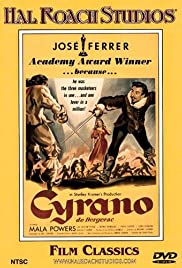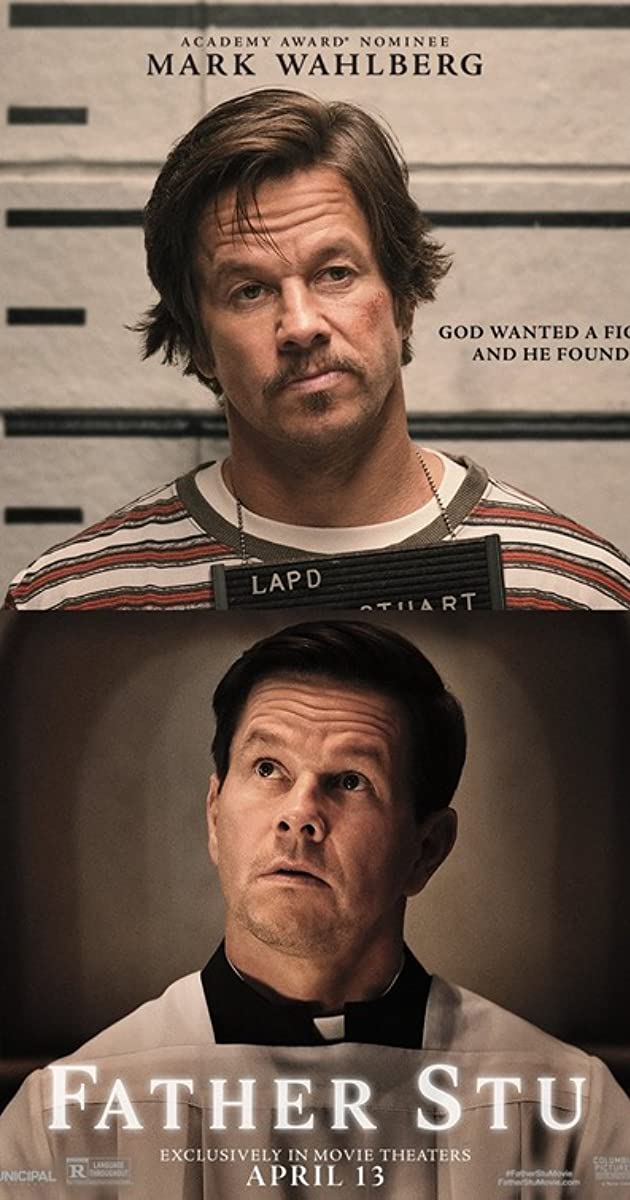
Hsi Shih: The Beauty of Beauties was one of the most ambitious films made in the Taiwan film industry in the 1960s. After leaving The Shaw Brothers studio in Hong Kong and moving to Taiwan, filmmaker Li Han-hsiang mounted this historical epic. Told through the story of Xishi (Hsi Shih), one of the ‘Four Great Beauties’ of Chinese history, the film portrays the war between two Chinese Kingdoms during the Warring States Period (475-221 B.C). After the kingdom of Yue is defeated by the kingdom of Wu, King Goujian of Yue takes pains to prepare for his revenge and rebuild his country. Knowing that King Fucha of Wu is lewd and lustful, he offers Xisi to the court of Wu to serve as Fucha’s concubine, with Fucha unaware that she is also a spy. She uses her charm to draw Fucha away from his office and governance, while King Goujian rallies his forces together to attempt to reclaim his lands.
You May Also Like

Allide experienced The Great Terror under Stalin’s regime, and decades after her hometown people were deported to Siberia, she lives alone in an isolated house. One night, she finds a young woman in her yard – Zara has just escaped from the claws of the Russian mafia that held her as a sex slave. Survivors both, Aliide and Zara engage in unearthing each other’s motives and gradually, and their stories merge into one, revealing the tragedy of a family during the cruelest years in Estonian history.

A veteran comedian’s last chance at stardom takes him on the road with a young comic whom reveals an unexpected past.

Marty, an anti-social realist, and Harry, a passionate ideologist, are two young writers who have come to Hollywood to make it as successful screenwriters.

As an epidemic of a lethal airborne virus – that kills within days – rapidly grows, the worldwide medical community races to find a cure and control the panic that spreads faster than the virus itself.


José Ferrer won the Oscar for Best Actor for his portayal of the swordsman-poet using his silver tongue to woo the woman he loves for another man. Cyrano de Bergerac is a play written in 1897 by Edmond Rostand. Although there was a real Cyrano de Bergerac, the play is a fictionalization of his life that follows the broad outlines of it. The entire play is written in verse, in rhyming couplets of twelve syllables per line, very close to the Alexandrine format, but the verses sometimes lack a caesura. It is also meticulously researched, down to the names of the members of the Académie française and the dames précieuses glimpsed before the performance in the first scene. The play has been translated and performed many times, and is responsible for introducing the word “panache” into the English language.

Adan Kundle, CEO of a major advertising agency, is discovered unconscious in front of a wall of TVs. When he wakes in the hospital, Adan can only communicate through advertising slogans.

When photos of her at a party cause her to lose a scholarship, a student investigates whether something devastating happened to her that night.

Oskar is born in Germany in 1924 with an advanced intellect. Repulsed by the hypocrisy of adults and the irresponsibility of society, he refuses to grow older after his third birthday.

The true-life story of boxer-turned-priest. When an injury ends his amateur boxing career, Stuart Long moves to Los Angeles to find money and fame. While scraping by as a supermarket clerk, he meets Carmen, a Sunday school teacher who seems immune to his bad-boy charm. Determined to win her over, the longtime agnostic starts going to church to impress her. However, a motorcycle accident leaves him wondering if he can use his second chance to help others, leading to the surprising realization that he’s meant to be a Catholic priest.